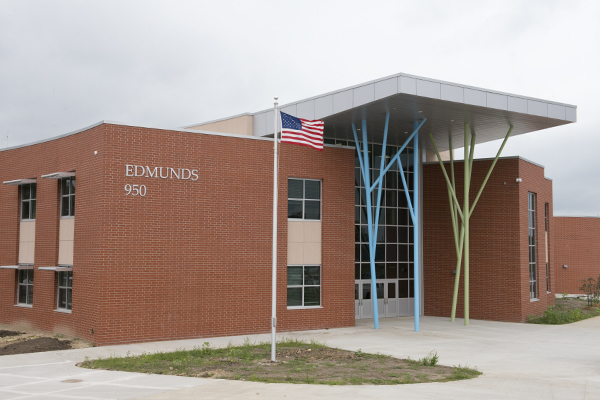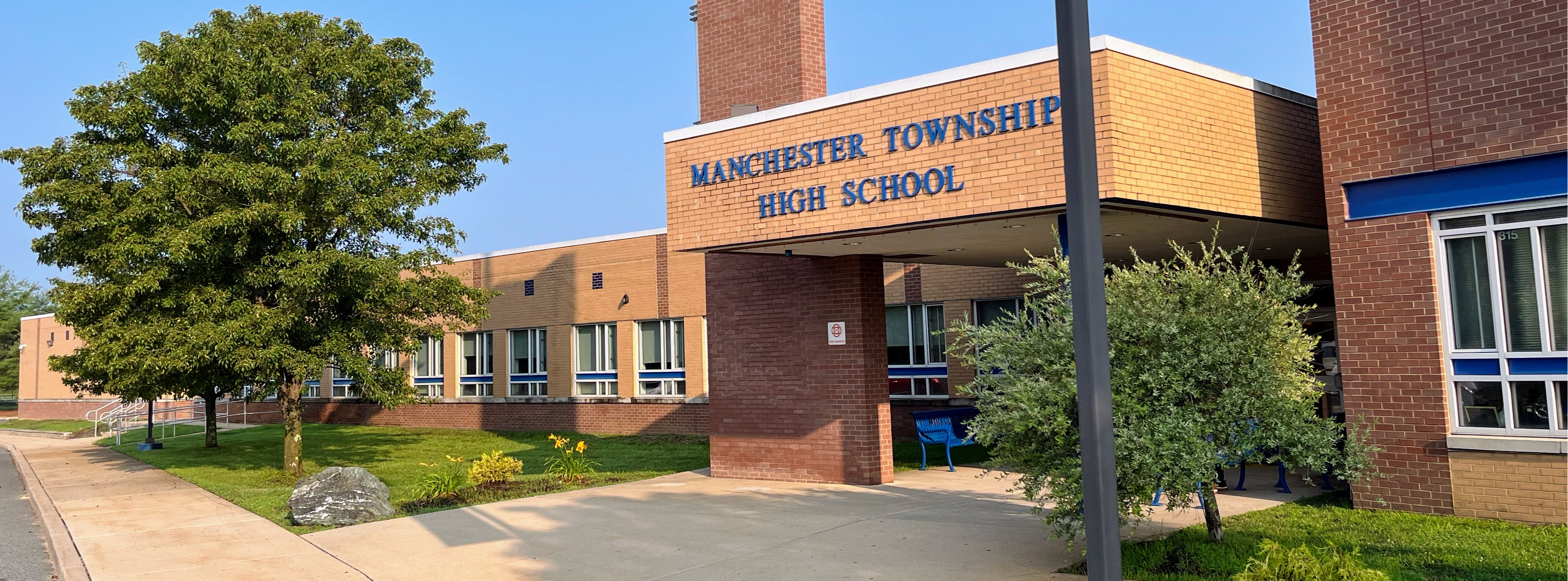Recognizing the Significance of Institutions in Kid Advancement and Area Development
Institutions' involvement with neighborhood areas via service-learning initiatives reinforces the bond between family members and instructional establishments. This cooperative connection underscores the significance of institutions in supporting active citizenship and long-lasting discovering routines.
Academic Success
Academic accomplishment serves as a keystone of kid growth, giving the foundation upon which future knowing and success are constructed. Colleges play a crucial duty in promoting this academic development, supplying organized atmospheres where children can acquire essential understanding and cognitive abilities. Standardized educational program ensure that trainees gain efficiency in core subjects such as maths, scientific research, and language arts, which are vital for both college and specialist possibilities.
Along with passing on essential academic skills, institutions likewise grow vital reasoning, problem-solving capacities, and intellectual inquisitiveness. These cognitive competencies are essential for browsing complex real-world circumstances and adapting to the ever-evolving demands of the modern work environment. Teachers, as facilitators of understanding, employ varied pedagogical techniques to cater to varied understanding designs, therefore making the most of specific pupil possibility.
In addition, scholastic success is carefully connected to self-worth and inspiration. Kids who experience scholastic success are most likely to develop a favorable self-concept and a long-lasting enthusiasm for discovering. Institutions likewise supply various sources, such as libraries and modern technology, which additionally improve the academic experience and prepare students for a highly advanced society.
Social Ability Development
Beyond scholastic achievement, the role of schools in social skill growth is indispensable. Schools function as a key place for kids to find out and exercise vital social skills such as dispute, cooperation, and interaction resolution. In the structured atmosphere of a classroom, students connect with peers, teachers, and other college personnel, offering numerous possibilities to develop these critical capacities.
Efficient social skill advancement in schools is assisted in with team activities, collaborative jobs, and extracurricular programs. These communications assist pupils comprehend social standards, build compassion, and foster a feeling of neighborhood. As an example, group assignments educate trainees exactly how to function together towards a common goal, pay attention to different perspectives, and navigate disagreements constructively.

The cultivation of social skills during institution years lays a foundation for future individual and specialist partnerships. Save Temecula Schools. As pupils mature, the ability to effectively collaborate and connect ends up being increasingly crucial, emphasizing the school's critical duty in holistic child development
Direct Exposure to Diversity
Direct exposure to variety in institutions is fundamental to cultivating an inclusive way of thinking and expanding pupils' point of views. Schools work as a microcosm of the broader culture, and encountering diverse societies, languages, and socioeconomic backgrounds within this atmosphere outfits students with important skills for navigating an increasingly globalized world. This exposure encourages empathy, decreases prejudices, and promotes common regard amongst peers.
Research shows that trainees that interact with peers from diverse histories show much better analytical abilities and imagination. This understanding of variety prepares trainees for future workplaces that value multicultural skills - Save Temecula Schools.

Area Engagement
The advantages of diverse class extend click resources beyond the institution walls, cultivating a strong feeling of neighborhood interaction amongst trainees. By communicating with peers from numerous social, socioeconomic, and ethnic histories, trainees gain a more comprehensive perspective and an appreciation for variety. This exposure motivates them to end up being energetic people who agree to contribute positively to their communities.
Schools that highlight neighborhood involvement commonly incorporate service-learning projects, which allow students to address real-world problems while using scholastic skills. These tasks not just boost pupils' understanding of their coursework however also impart a sense of obligation and compassion. Collaborations between institutions and neighborhood companies supply trainees with chances to participate in community events, additionally solidifying their function as positive community members - Save Temecula Schools.
In addition, parental and community participation in institutions strengthens the bond between universities and the areas they serve. They produce a joint environment that benefits all stakeholders when colleges open their doors to community events, workshops, and volunteer chances. This mutual assistance system guarantees that pupils receive holistic advancement, preparing them to end up being well-shaped individuals who contribute and value to their communities. Through these efforts, schools play a crucial duty in supporting neighborhood interaction and cultivating social growth.
Lifelong Discovering Habits
Developing long-lasting discovering practices is important for a youngster's constant development and flexibility in an ever-changing globe. Schools play an essential function in instilling these behaviors by producing an atmosphere that promotes curiosity, essential thinking, and a love for understanding. Via varied curricula and extracurricular tasks, educators motivate students to explore different topics, assess info seriously, and apply their learning to real-world scenarios.

In addition, schools supply a structured setting where children can establish self-discipline and time administration abilities, both of which are essential for continuous understanding. By stressing the importance of establishing goals, assessing progression, and adjusting techniques, universities prepare trainees to navigate the intricacies of grown-up life, guaranteeing they stay long-lasting learners and factors to culture.
Final Thought
In conclusion, schools his response are necessary in promoting child development and area growth by giving settings conducive to scholastic success, social ability growth, and exposure to diversity. Ultimately, schools grow long-lasting learning habits, gearing up individuals with the essential knowledge and abilities to add favorably to culture.
In the organized atmosphere of a class, students engage with peers, educators, and various other college staff, supplying various opportunities to develop these essential capacities.
In essence, direct exposure to variety within colleges not only enhances specific students but likewise enhances the social fabric of the neighborhood as a whole.
The benefits of diverse classrooms prolong beyond the school walls, promoting a strong feeling of area involvement amongst pupils.Schools that stress community engagement typically incorporate service-learning jobs, which allow trainees to deal with real-world issues while applying scholastic skills. Collaborations between colleges and regional organizations supply students with chances to take part in area events, further solidifying their duty as proactive neighborhood members.